To tackle urban waste management challenges while promoting sustainable farming practices, Godrej Properties has launched the City-Farmer Partnership Project. In this exclusive interview with TheCSRUniverse, Rohit Mohan, Chief Design & Sustainability Officer shares insights into this initiative aimed at converting organic wet waste into valuable compost for farmers.This partnership is an essential component of Godrej Properties’ broader environmental goals, including their commitment to achieving net zero-waste-to-landfill status.
Mohan emphasizes the symbiotic relationship the project fosters between urban and rural communities, reflecting Godrej Properties’ vision of building sustainable cities that coexist harmoniously with rural areas.With this, the organizationaims to drive behavioral change in waste management practices, ensuring a cleaner, more sustainable environment while enhancing the livelihoods of local farmers.
Scroll down to read the full interview:
Q. Can you please give us an overview of the City-Farmer Partnership Project and its primary objectives?
A. The City-Farmer Partnership for Solid Waste Management aims to tackle the city's waste management challenges and promote the scientific handling of different types of solid waste. This partnership converts organic wet waste into valuable compost for farmers, supports Self-help Groups (SHGs) in managing textile waste, and offers advisory and facilitation services for transporting non-recyclable plastic waste to cement factories, scientific landfills for inert materials, engagement of recyclers for managing recyclable plastic waste, and the incineration of sanitary waste. The primary objectives are to ensure the availability of organic compost for farmers, promote sustainable farming practices, and educate and train farmers andstakeholders on sustainable waste management practices. Additionally, the project seeks to enhance community engagement, drive behavioral changesin waste generators, and raise awareness about waste segregation, recycling, and reduction at the source, ultimately contributing to a cleaner and more sustainable environment. This partnership aligns with Godrej Properties' long-term environmental goals of achieving and maintaining net zero-waste-to-landfill status.
Q. How does this project align with Godrej Properties’ overall sustainability and CSR goals?
A. Godrej Properties' commitment to environmental responsibility and community well-being (their CSR goals) goes hand-in-hand with the City-Farmer Partnership. This project reflects our vision of building sustainable cities that coexist and benefit alongside rural areas. By fostering a symbiotic relationship between urban and rural communities, the project promotes sustainable waste management practices, a key focus area for Godrej Properties. This initiative supports the company’s long-term environmental goal of achieving net zero-waste-to-landfill status.
Godrej Properties has demonstrated proven success in sustainable waste management. We have successfully diverted 48000 tons of waste through our solid waste management projects across India in the last financial year. The successful implementation of our waste management projects in Chikkaballapur, Bhubaneswar,Chakrata, Dhanpuri, Burhar, Budni, Gohad, Clement Town, Nagpur, and the APMCs of Yeshwanthpur and Hubli has showcased the effectiveness of sustainable waste management practices. The positive results have inspired Godrej Properties to bring this initiative to other cities across India. This expansion reflects our deep commitment to environmental progress and our vision for a sustainable future for all.
Q. Skill development is a significant aspect of this initiative. Could you elaborate on the specific skills being targeted and how they will benefit the participants?
A. IIHS conducted multiple training sessions for more than 100 farmers on converting municipal wet waste into organic compost. Additionally, 45 CMC staff members were trained on key aspects of waste management. The project focuses on developing skills in sustainable waste management, including organic composting techniques, waste segregation, recycling, and reduction at the source. It also emphasizes small enterprise management for converting textile waste into useful byproducts. These skills are increasingly relevant in the evolving job market due to the growing emphasis on sustainability, environmental conservation, and the circular economy. By equipping local farmers and community members with these skills, the project enhances their employability and supports the development of green jobs, thereby contributing to economic and social development.
Q. What are the key challenges you foresee in implementing the skill development programs under this project, and how do you plan to address them?
A. Implementing the skill development programs may face several challenges, including resistance to change from traditional farming practices to organic methods, limited awareness and understanding of sustainable waste management techniques, and logistical challenges in coordinating training sessions and ensuring consistent participation. To address these challenges, the project includes extensive training and awareness sessions for farmers and community members. Sanitation Inspectors, the CCMC Commissioner, and Ward Counsellors are engaged to advocate for the benefits of the new practices, and feedback from ward-level meetings and community interactions will be utilized to continuously improve the training programs.
Q. How do you ensure that the skills imparted through this project remain relevant in the evolving job market and agricultural sector?
A. The relevance of the skills imparted through this project will be ensured by monitoring the adoption rate of organic farming practices among trained farmers, assessing the improvement in waste management efficiency and the reduction in waste to landfill, and evaluating the economic benefits for farmers and community members who implement these practices. This includes increased crop yields income from recycled materials and from useful byproducts from textile waste which indicate that the skills are aligned with current and future market demands.
Q. How do you plan to measure the success of the City-Farmer Partnership Project in terms of skill development and community improvement?
A. The success of the City-Farmer Partnership for Solid Waste Management will be measured by several key indicators, including the total quantity of waste scientifically managed in Chikkaballapur, the amount of organic compost produced and used by local farmers, the total number of farmers benefited through the initiative and the reduction in the use of chemical fertilizers. Additionally, the engagement and satisfaction levels of farmers and community members involved in the project will be assessed to ensure that the initiative is achieving its intended outcomes of behavioral change, skill development, and community improvement.
Q. How has the collaboration with Chikkaballapur CMC and IIHS enhanced the project’s effectiveness?
A. The collaboration with Chikkaballapur City Municipal Council (CMC) and the Indian Institute for Human Settlements (IIHS) has significantly enhanced the project's effectiveness. The partnership has brought together diverse expertise and resources, facilitating the scientific management of solid waste and the production of organic compost. The involvement of local authorities and academic institutions has ensured that the project is well-coordinated and that the training programs are comprehensive and relevant to the needs of the community. A Steering Committee has also been established with GPL, CMC, and IIHS to ensure timely resolution of on-ground challenges faced by the team each quarter.
Q. What role do local farmers play in this partnership, and how are their insights and needs incorporated into the project?
A. Local farmers play a crucial role in the City-Farmer Partnership by receiving and utilizing the organic compost produced from municipal waste. They participate in training sessions on sustainable waste management practices and collaborate with the City Municipal Council and project partners to ensure the successful implementation of the composting process for wet waste. The project incorporates the insights and needs of local farmers through regular training sessions, ward-level meetings, and feedback mechanisms, ensuring that their participation is active and their concerns are addressed.
Q. Can you discuss any innovative practices or technologies being introduced through this project?
A. The City-Farmer Partnership for Solid Waste Management introduces several innovative practices and technologies, including the conversion of organic wet waste into compost using scientific methods, the use of incinerators for sanitary waste, and the establishment of dry waste collection centers for recycling efforts. Additionally, the project involves training former rag pickers to run small waste management enterprises. These innovations enhance the efficiency and sustainability of the waste management process across Chikkaballapur.
Q. Are there plans to replicate this project in other regions or cities? If so, what criteria will you use to select these locations?
A. District-level training sessions will be conducted for Urban Local Bodies across the district and state of Karnataka after the successful completion of the project to adopt the partnership wherever applicable. As a national institution, IIHS will also disseminate knowledge to various stakeholders through workshops, webinars, and publicly available videos.




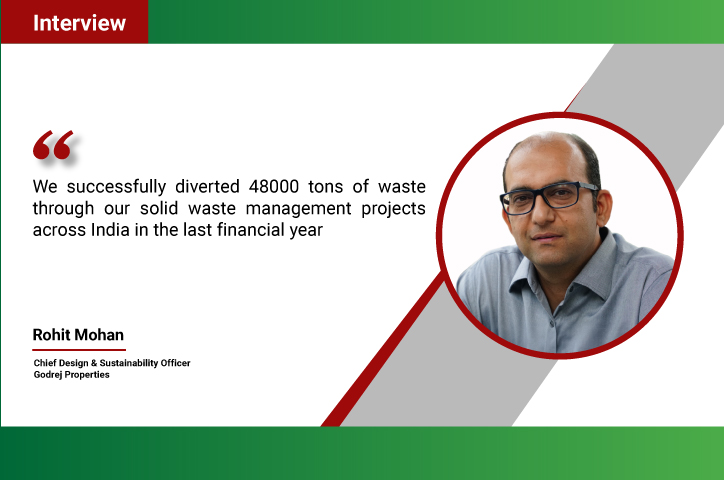
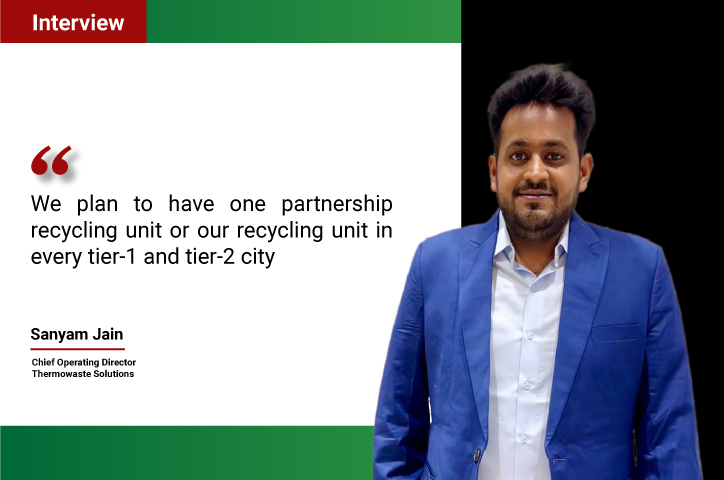
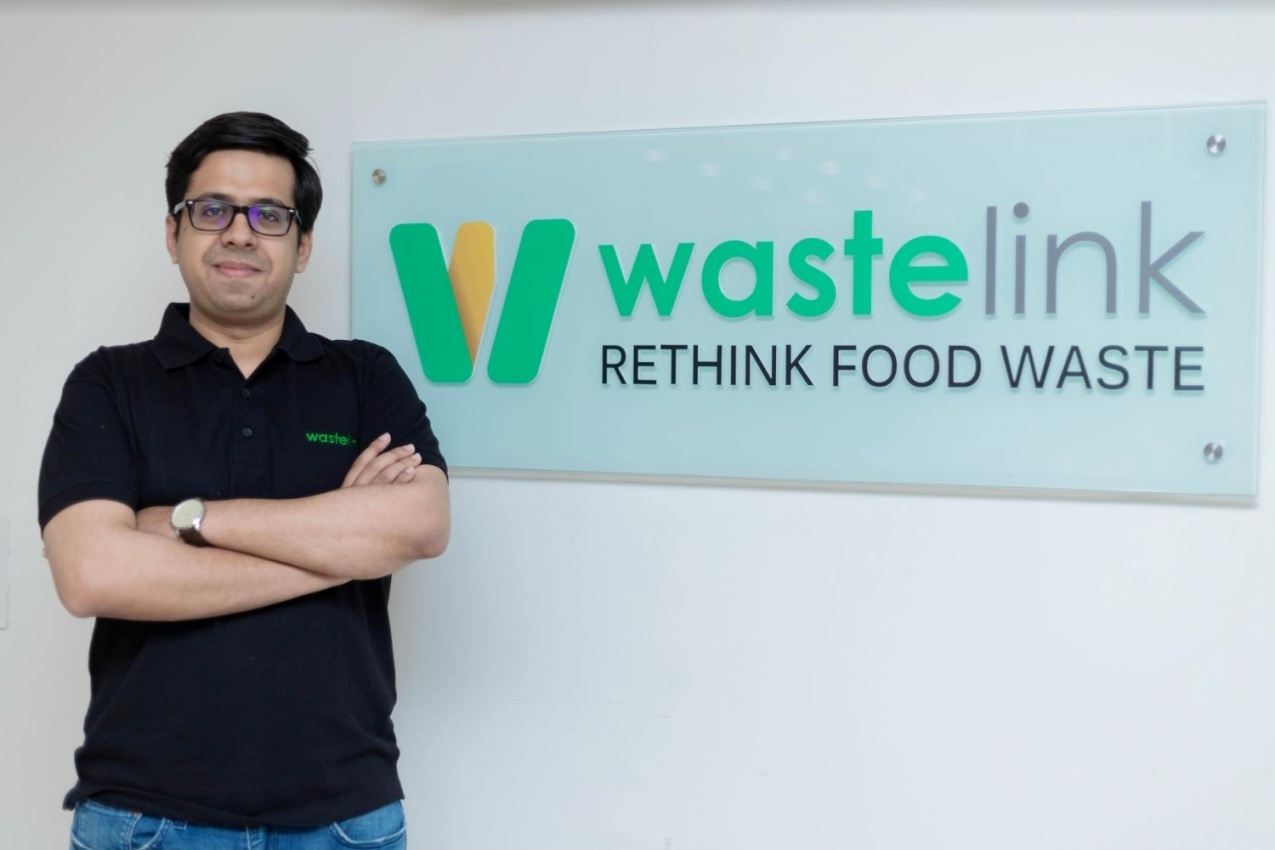
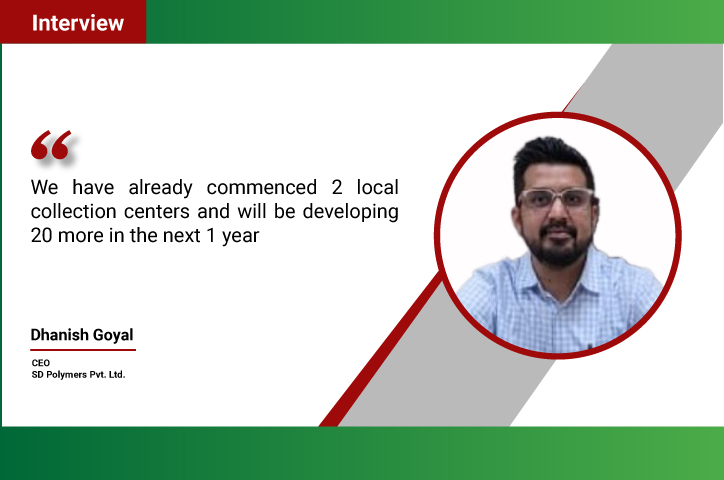
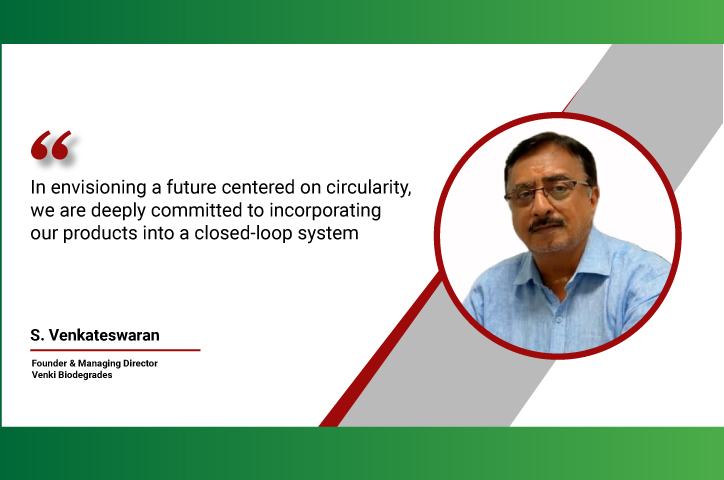
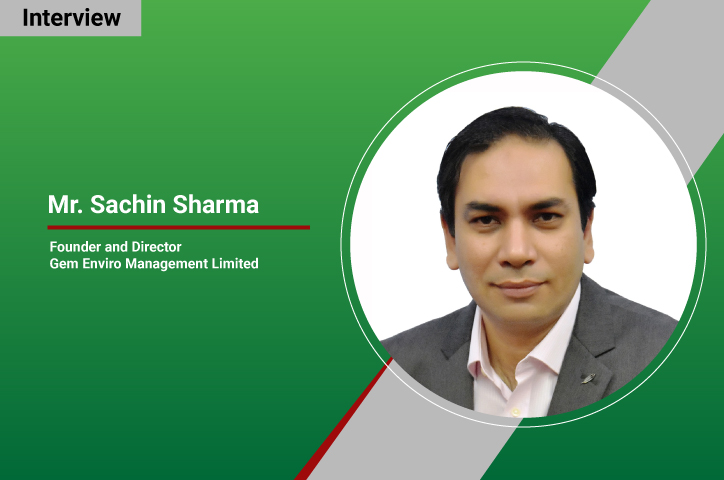
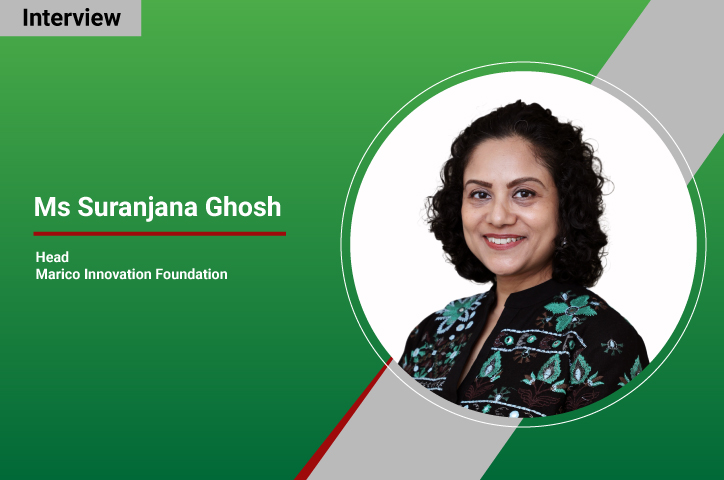









.jpg)



